Astronaut Who Spent 178 Days in Space Exposes ‘Enormous Lie’ About Earth
An astronaut who spent a staggering 178 days in space has spoken out about an enormous lie. This lie, he argues, has led the vast majority of Earth’s inhabitants to prioritize the pursuit of money over other aspects of life.
Returning from his record-breaking stay on the International Space Station, Ron Garan brought back a profound shift in perspective, prioritizing the preservation of our planet over economic pursuits. His experience serves as a beacon of enlightenment, inspiring us to reconsider our societal priorities.
The Overview Effect
Garan is among the privileged few who have had the opportunity to view our blue planet from the vantage point of space. Sixty-three years before Garan, the Soviet pilot and cosmonaut Yuri Gagarin became the first human to venture into space.
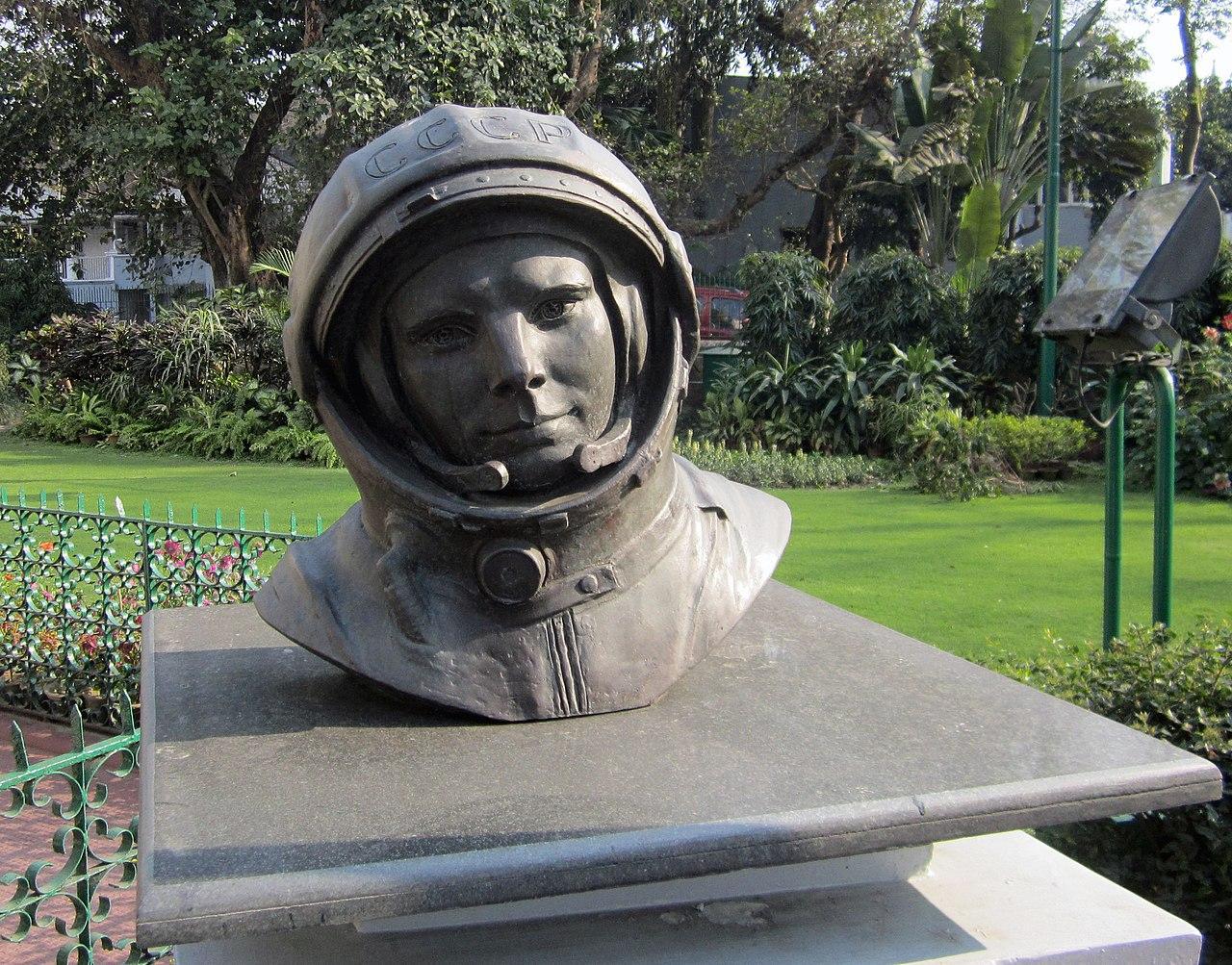
Source: Wikimedia
As Yuri gazed back at the Earth, he experienced what researchers now call the ‘overview effect,’ which brings about an overwhelming sense of appreciation for the planet and humanity as a whole. Often, this can change an astronaut’s outlook on life.
Former NASA Astronaut Experiences the Overview Effect
After spending nearly six months on the International Space Station and completing over 2,800 rotations around the Earth, Ron Garan, a former NASA astronaut, also experienced the overview effect for himself.
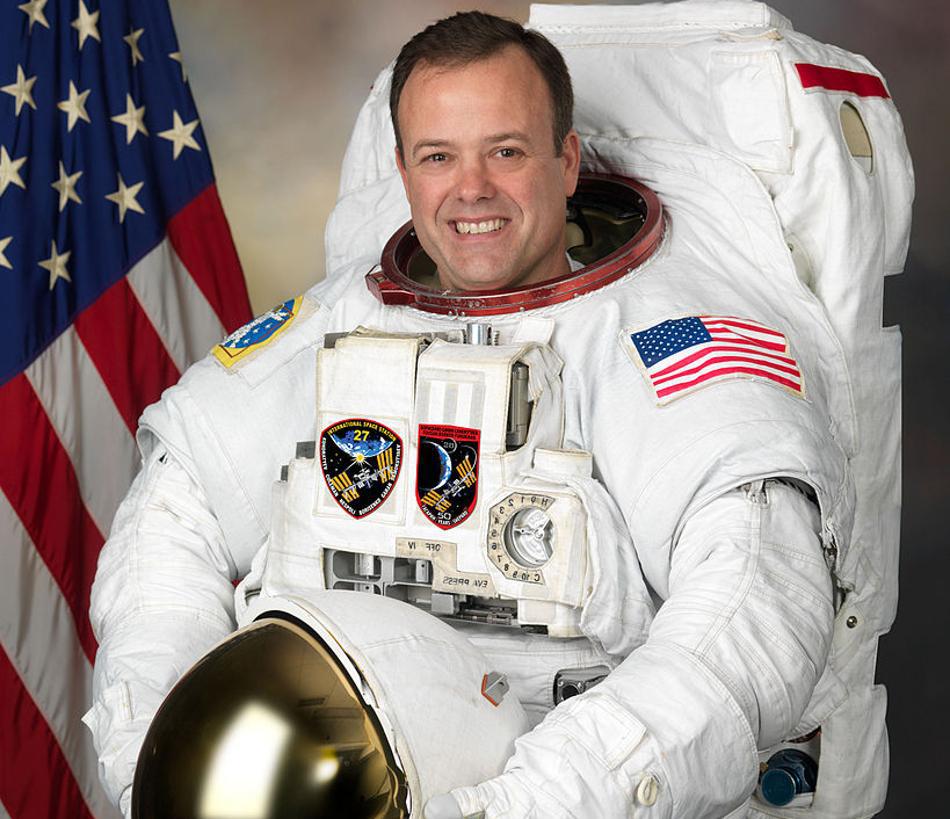
Source: Wikimedia
Speaking of his experience, Garan explained, “When I looked out the window of the International Space Station, I saw the paparazzi-like flashes of lightning storms, I saw dancing curtains of auroras that seemed so close it was as if we could reach out and touch them.”
Astronaut Has a Revelation Aboard Space Station
One evening, as he gazed back at Earth from the space station, Garan revealed that he had begun thinking about our planet.
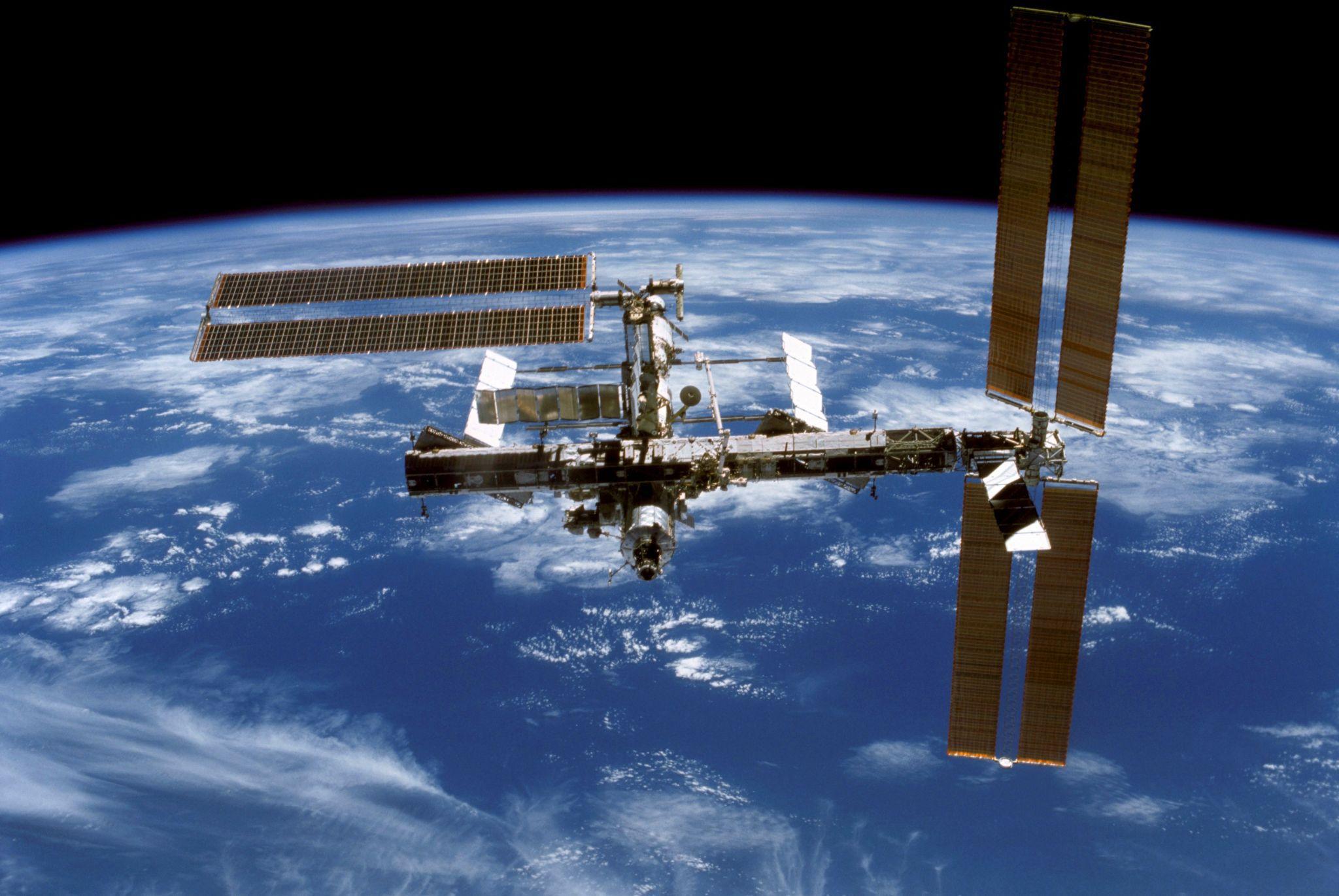
Source: Wikimedia
“I saw the unbelievable thinness of our planet’s atmosphere. In that moment, I was hit with the sobering realization that that paper-thin layer keeps every living thing on our planet alive,” he said.
We Are Living a Lie, Says Astronaut
As he looked out the space station window, the former Air Force test pilot said he: “Saw an iridescent biosphere teeming with life.”

Source: Wikimedia
“I didn’t see the economy. But since our human-made systems treat everything, including the very life-support systems of our planet, as the wholly owned subsidiary of the global economy, it’s obvious from the vantage point of space that we’re living a lie,” he said.
The Planet Comes First
The experience totally changed Garan’s perspective on life and the Earth, and most importantly, how the protection of the planet must come before the economy.
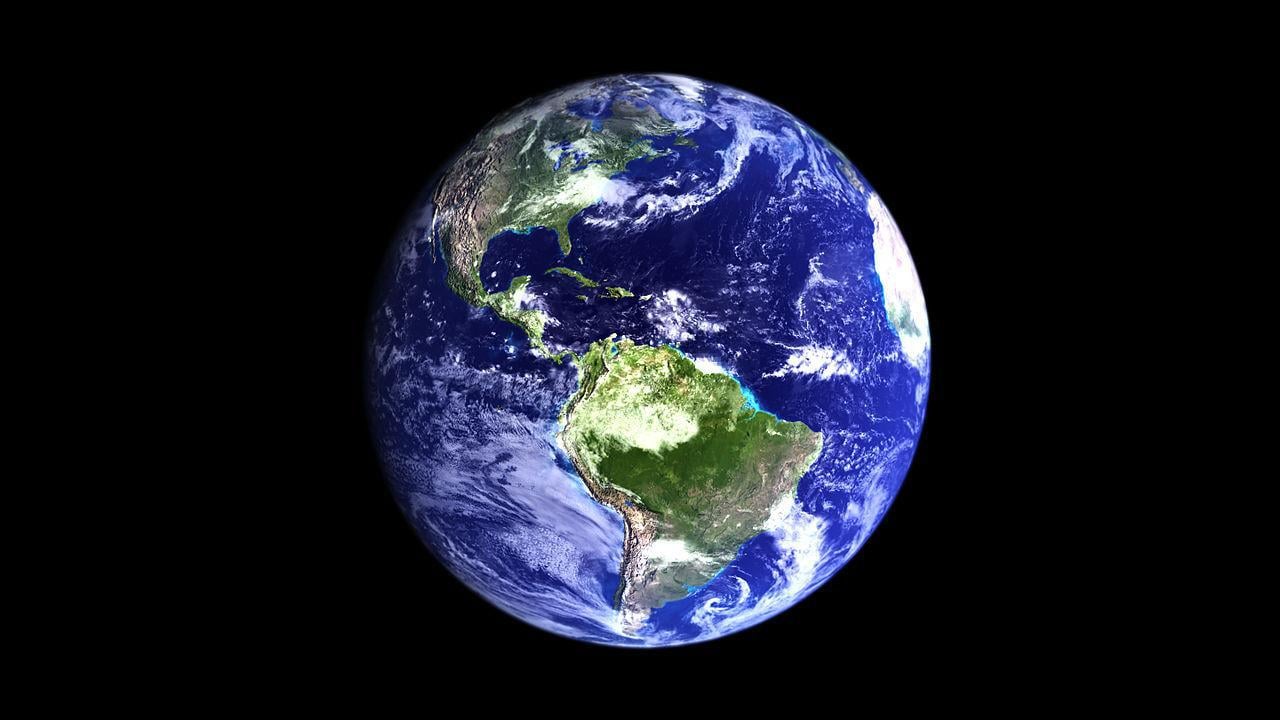
Source: Wikimedia
“We need to move from thinking economy, society, planet to planet, society, economy. That’s when we’re going to continue our evolutionary process,” he said.
Society’s Tainted Perspective on the World
According to the astronaut, humanity needs to examine its priorities carefully. Garan argues that the Earth is paying a “high price” for our species’ tainted perspective.

Source: Freepik
He adds that this can easily be witnessed in our society’s inability to solve most of the major problems currently affecting our planet.
Humanity Will Struggle to Obtain Peace
The astronaut suggested further emphasizing that humanity will continue struggling to attain peace and harmony until we better understand reality.

Source: Freepik
“We’re not going to have peace on Earth until we recognize the basic fact of the interrelated structure of all reality,” Garan noted in a video shared by Big Think.
Star Trek Actor Experiences the Overview Effect
William Shatner, best known for his portrayal of James T. Kirk in the popular Star Trek series, is another person who experienced the overview effect during a visit to space.

Source: Wikimedia
“It was among the strongest feelings of grief I have ever encountered,” said Shatner. “The contrast between the vicious coldness of space and the warm nurturing of Earth below filled me with overwhelming sadness.”
Humanity’s Pursuit of Money
Shatner explained that modern society’s pursuit of money has significantly contributed to the annihilation of animals, plants, and many of Mother Nature’s most fabulous creations.

Source: Wikimedi
“Every day, we are confronted with the knowledge of further destruction of Earth at our hands: the extinction of animal species, of flora and fauna, things that took five billion years to evolve, and suddenly we will never see them again because of the interference of mankind,” he said.
Sixth Man to Walk on the Moon Experiences Overview Effect
Edgar Mitchell, who became the sixth man to walk on the Moon, also experienced the overview effect during his time in space.
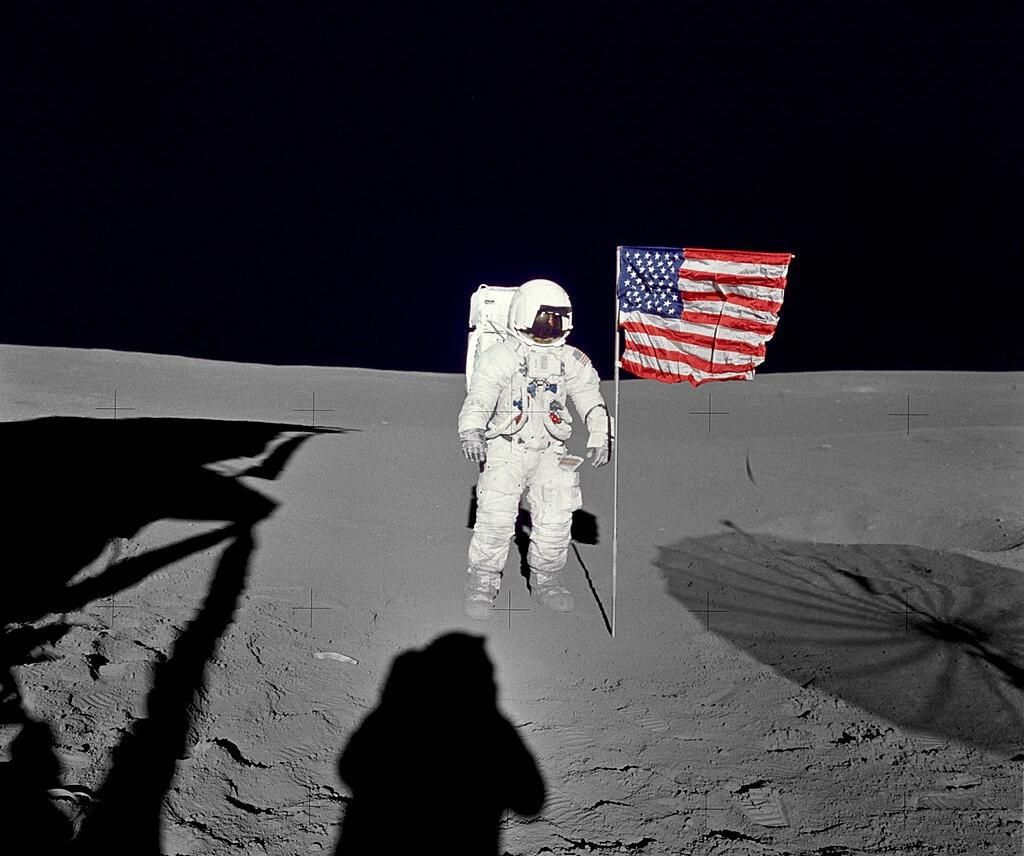
Source: Wikimedia
“There was a startling recognition that the nature of the universe was not as I had been taught. I not only saw the connectedness, I felt it. I was overwhelmed with the sensation of physically and mentally extending out into the cosmos,” he said.
The Root of All Evil
The experiences of those who have visited space almost have a spiritual aspect, and prominent figures certainly voice concern over humanity’s priorities.

Source: Wikimedia
The famous quote “money is the root of all evil” appears more relevant than ever when considering the opinions of men like Garan. If humanity ever wished to enter into a period of extended peace, maybe Garan is correct in suggesting we must first move away from our aggressive pursuit of money.
